Emily Mills surveys the diverse family of musicians that call Madison home.
Those of us who have a habit of making music are often placed in one of two groups: the type who derives their creativity from being incredibly introverted and anti-social, and the type who finds their inspiration in interactions with as many other artistic people as possible. That latter group’s desire for a sense of family is a major attribute of the creative world, and it tends to draw together people from all different walks of life, with myriad different styles.
It can also help to bring together people who might otherwise find themselves marginalized or isolated in a particular community. It should come as no surprise, then, that musicians tend to have at least a small sense of otherness and that they tend to be a diverse bunch.
Madison is known for playing host to a fairly thriving music scene. Among the crowds of indie rockers, jazz bands, electro artists and folk crooners, you’ll also find a whole range of LGBT people. We’ve formed queer-specific groups like the men’s chorus, Perfect Harmony, have helped provide gay-friendly venues for performance like Java Cat, and have participated in a wide range of musical groups.
I’ve been involved in the music scene here for the past eight years, and over that time I’ve slowly but surely been introduced to a wonderfully dizzying array of styles and people: straight and gay, jazz and electronic, amateur and professional. Recently, I’ve been making a concerted effort to seek out those members of the community who are also members of the family, so to speak. I wanted to ask, what’s changed over the years? What’s exciting or troubling about the current climate? Why Madison?
LGBT musicians carve out their own unique niches, whether they’re creating gay-friendly events like the now-defunct Lesbian Variety Show, or subverting stereotypes of what’s expected of the frontman for a hard rock group like Flat Atom’s Nick Seward.
According to those who’ve been on the scene longer than I, a great deal has changed over a few decades. Rock tends to dominate now, while jazz and folk musicians have a harder time finding places to play. The number of live venues has waxed and waned. People move on and new faces move in. Art is always in a state of flux.
Tara Ayres, a longtime Madison resident and member of the acappella group, The Murder Sisters, reminisces a little about the shifts in demographics and opportunities for LGBT artists in the area.
“The music scene has changed a lot for lesbian artists,” Ayres explains. “There used to be lesbian-specific venues, lesbian/feminist production companies.” She ticks off names from the past: “Fallen Woman Productions is gone, Luna Tech is gone, Apple Island is gone, the Lesbian Variety Show is gone, Scrawl is gone, SPRAWL is gone.”
Still, Ayres does find plenty of ways to play out and has a good appreciation for the people who come to the shows. “Madison audiences are kind even to less-than-stellar performers, but are musically sophisticated enough to appreciate really good bands. So, when you suck they don’t destroy your ego, and when you’re hot their appreciation knocks your socks off.”
Shane O’Neil, who plays a mean keytar and sings for local band, Screamin’ Cyn Cyn & The Pons, has also found a receptive audience in Madison. I asked him, through an email interview, how he would describe the climate for queer artists in particular.
“In my experience, it has been a non-issue,” O’Neil replied. “When we were just starting out and we were playing at the Anchor Inn, I was just waiting for the time some biker wasn’t going to be amused and was going to kick my ass—but it never happened.” And it’s not as though there’s anything low-key about the group’s shows. O’Neil spends most of his time on stage fully kitted out with delightfully garish makeup and brightly colored clothes, often getting up close and personal with the audience.
“All the lip service Madison gets about being friendly to the gays has been totally true in my experience,” he goes on. “In five years of living, playing and drinking in Madison, I can think of maybe one instance when I’ve been at a bar and someone’s said something ignorant. Considering what other LGBT people go through, I’ve been extraordinarily lucky.”
A thought popped into my head during my various discussions with area musicians: Is the loss of LGBT-specific venues and groups representative of a generational shift? Do gay Madisonians have the same need for that safe space, or have social norms changed so that fuller integration has become what younger queer artists look for? I suspect the answer lies somewhere in the middle, but it’s certainly not a question I could pretend to fully figure out on my own. It may, however, be an important subject to address in a rapidly evolving community.
Those shifting demographics can be seen, to a certain degree, in long-standing local acts like Dark of the Moon Contra Band, a women’s folk group that began its run in 1995 as a mostly all-lesbian outfit, but which has, over the years, seen an ever changing line-up of members both straight and gay. Mary Mullen, who plays with the band, identifies as “the only lesbian of the seven members.”
Regardless of the changing face of things, gay, lesbian, bisexual and transgender artists continue to make their mark on the music scene. From up-and-comers like hip-hop artists God-des & She (who have since moved to New York City), retro-punks Seven Stone Weaklings, and goth/industrial group Sensuous Enemy, to well-established and widely renowned artists like troubador Tret Fure and jazz singer Lynette Margulies, Madison can boast of supporting a talented and diverse crowd of LGBT musicians.
Margulies, who has been playing professionally since age 19, has run a full gamut of styles.
“I started solo, went into folky blues, then funk and rhythm-and-blues with a hint of jazz, then jazz, followed by a mix of everything,” she explains. In 2007, the Madison Area Music Awards chose Margulies to receive its Best Jazz Artist of the Year honors. “Madison has always treated me well. I have been respected by both my fellow musicians as well as by those who have hired me and the audiences.”
It’s a sentiment often echoed both by artists that call Dane County their home and by those just passing through while on tour. A California-based duo who are partners in both music and life, The Ditty Bops have played several shows in the city over the past few years. During one gig at the Barrymore Theatre, they enthusiastically noted, “We love Madison! You bike in the snow, you’ve got a great co-op, and lots of gay people–and our straight allies!”
It would be impossible to name all the LGBT musicians in the area in one story alone. Plus, even in our supposedly enlightened age, there are still those who cannot or will not come out.
There are also simply too many names to recount at once, and so I hope to continue talking with and profiling the various people who make up the colorful, multi-layered tapestry of our artistic community. No matter what generation or genre they hail from, every one has a common thread of history and something unique to contribute to the creative world.

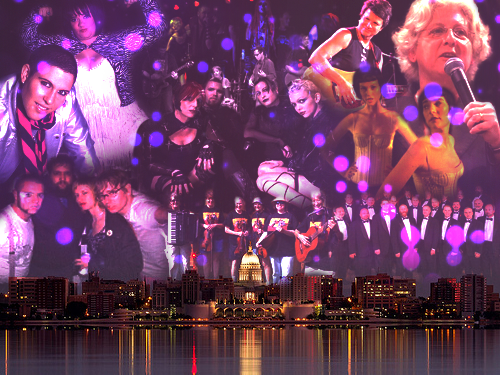


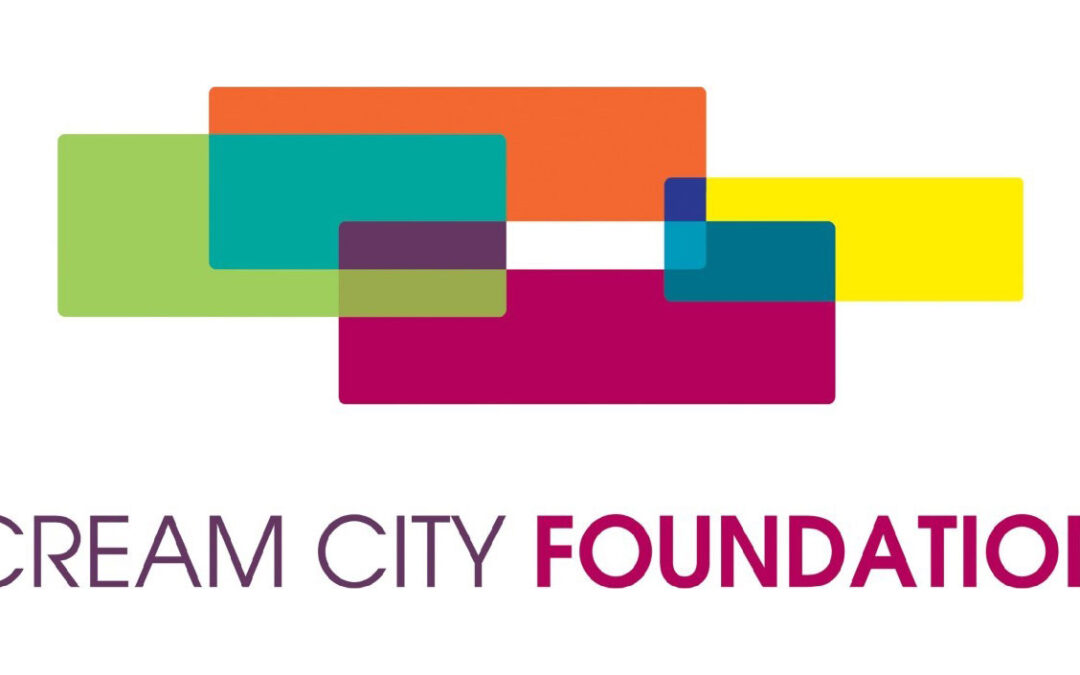









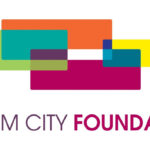





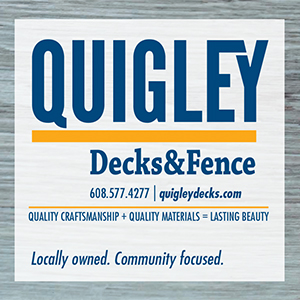
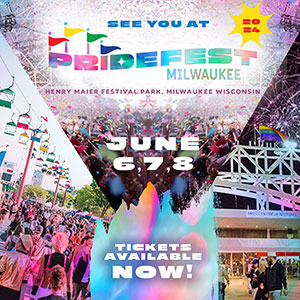

0 Comments